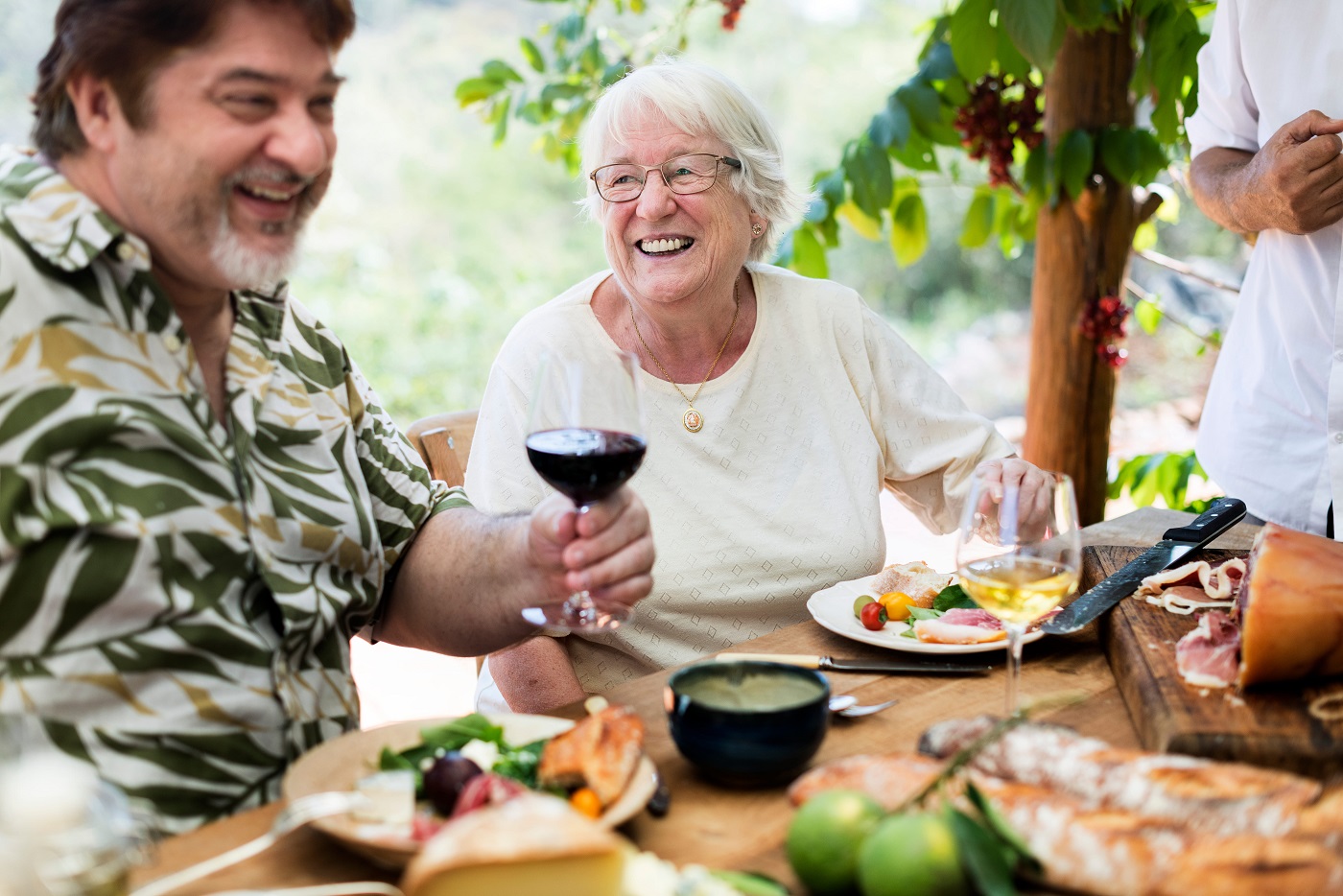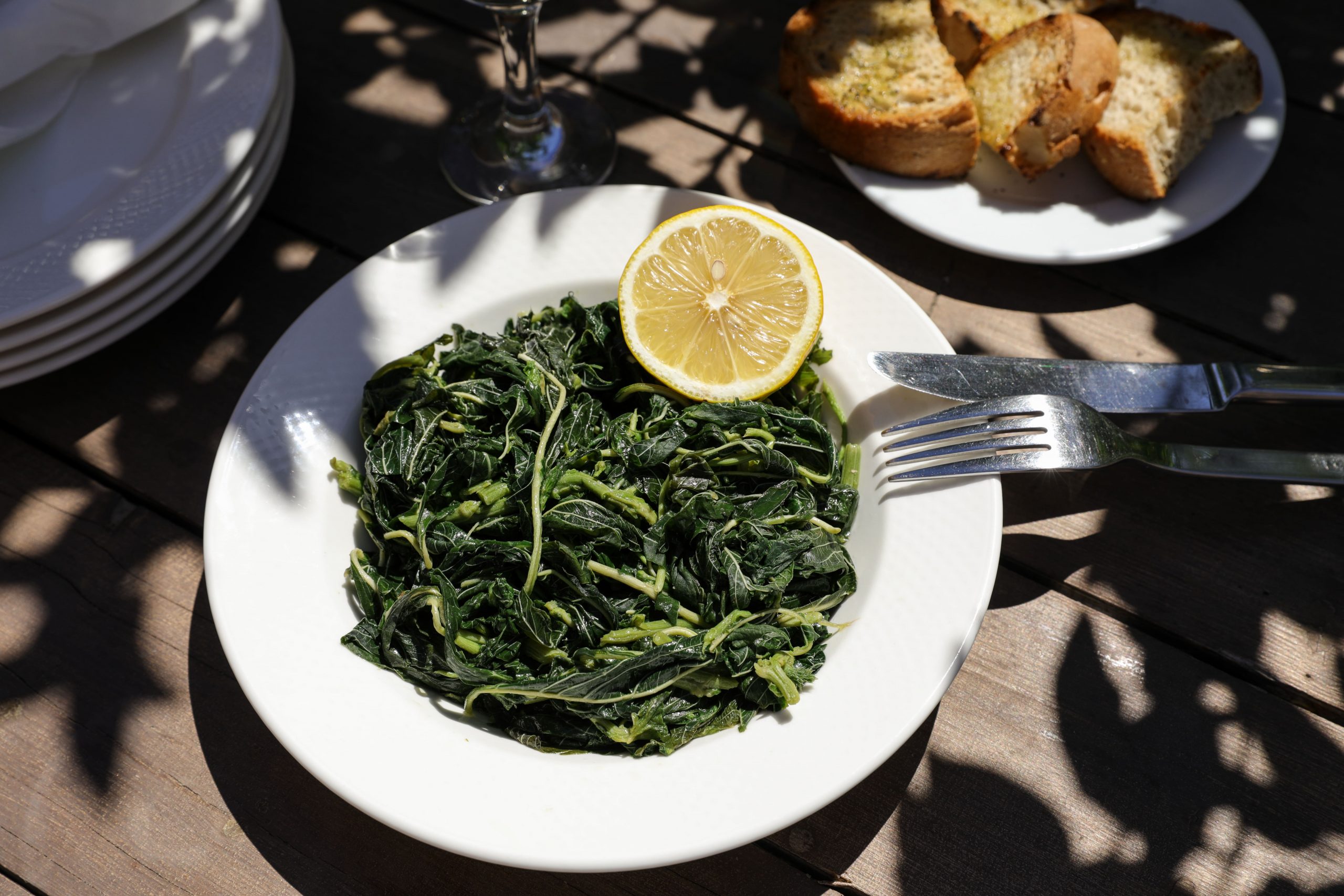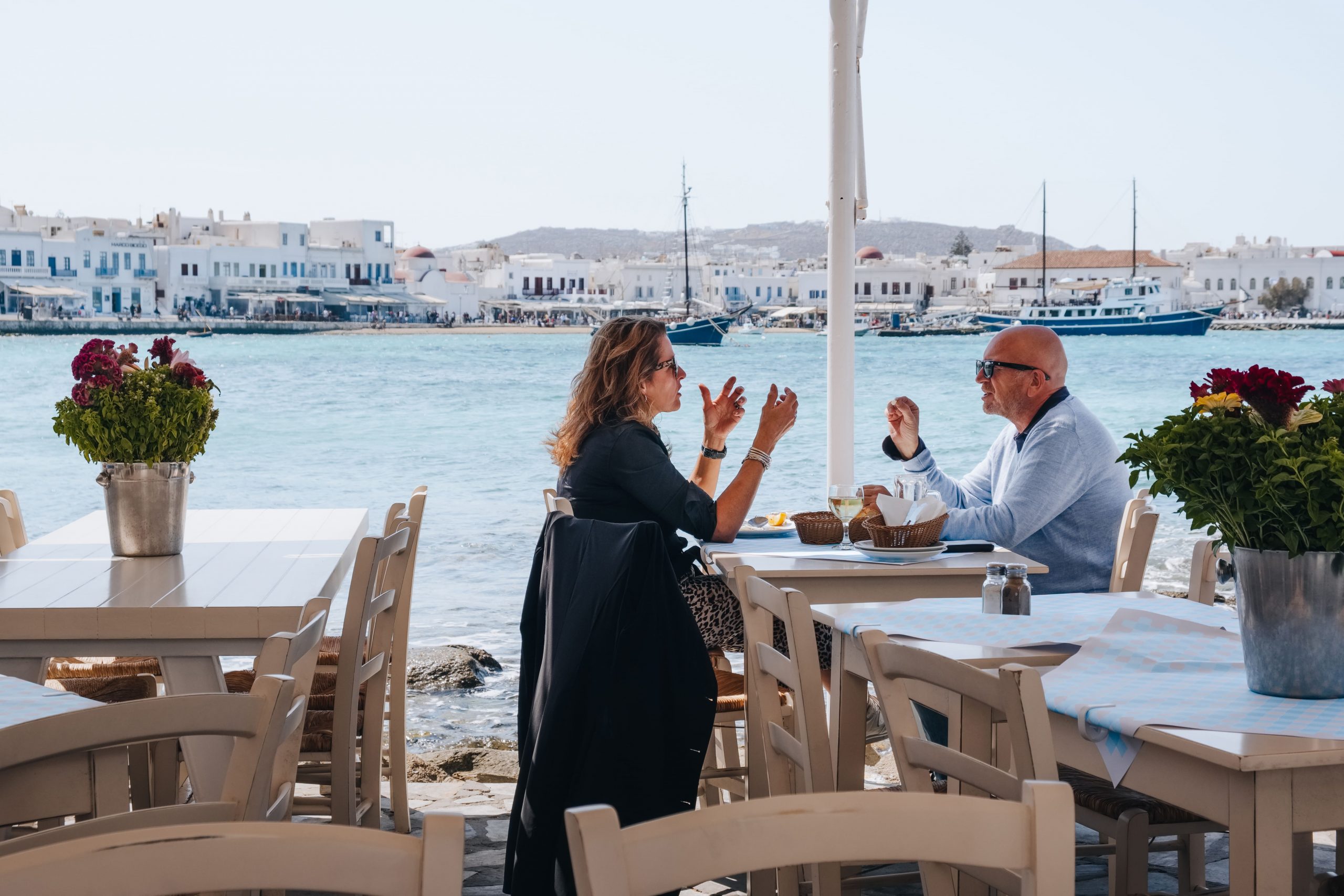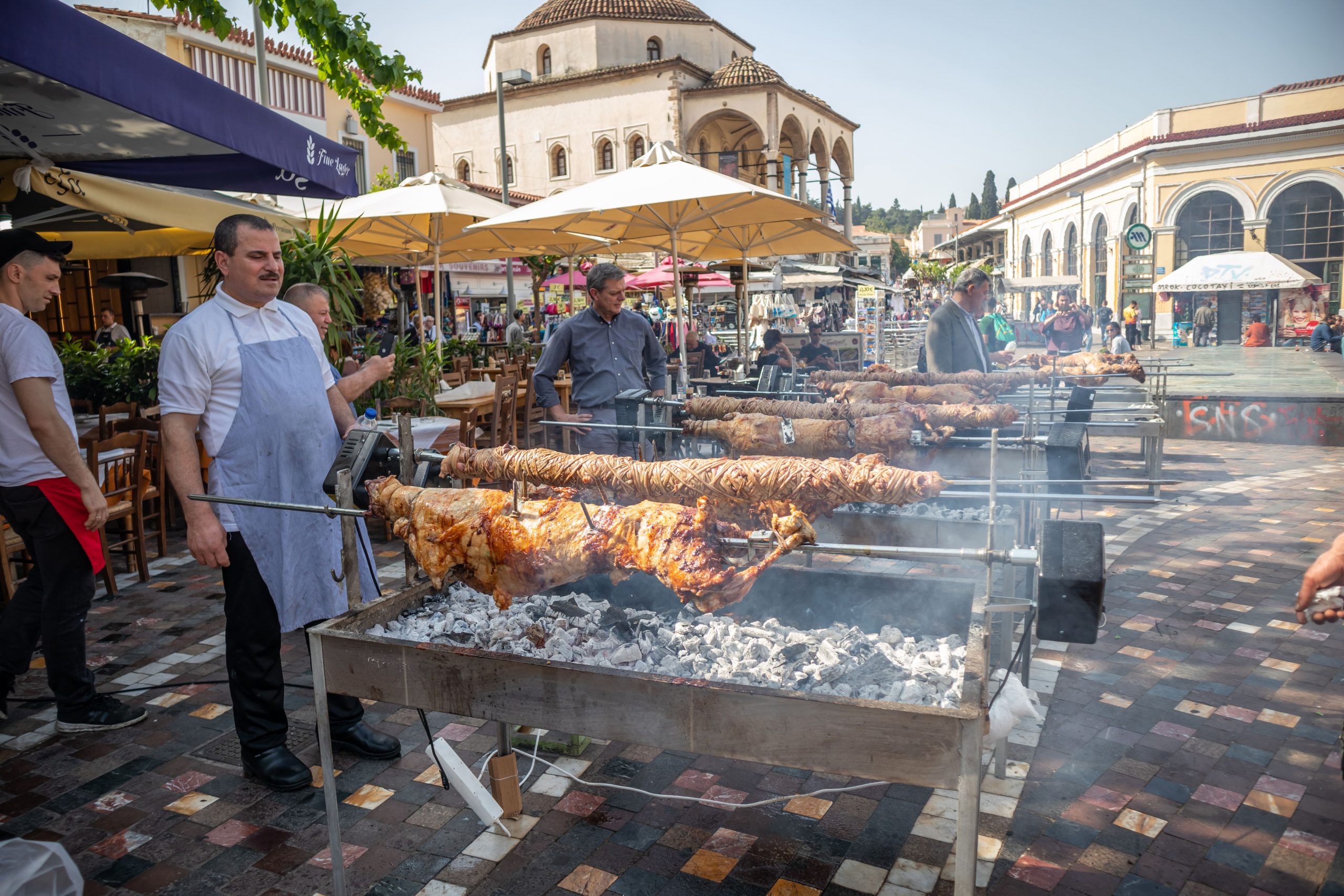Greece is an ancient and vibrant country. A culture where family traditions are prioritised, where the healthiest cuisine can extend life for many years, emotionally charged etiquette is practised, and Easter is the most important event of the year. Let’s take a look at each aspect of Greek life one by one.
Table of Contents
Family values in the Greek culture
Family is very important in Mediterranean society. In the Greek world, everyone’s existence revolves around their family. It might be great or unpleasant at times, but it is an unavoidable truth. One is a part of his family, and his or her family is a part of oneself. It’s not a connection, it’s a chain.
Until the parents pass away, they direct their children what to do. Children are told to marry during the first 20 or 30 or 40 years of their lives, and once married, they are pushed to have childs. So that their parents can play with their grandkids. It’s also worth noting that one of the Greek proverbs goes, “My children’s children are twice my children.” Grandchildren are extremely essential in the lives of their grandparents. Apart from that, they rely on each other for trouble and tease each other, but that’s how families work, right?

A Greek mother is always telling you what to do, and she will do it until she dies or until you die, whichever comes first. For example, in your mid-50s, your Greek mother still tells you how to do things. It is part of their makeup.
And what about the males and females? Even though it is traditionally thought to be a patriarchal society, it is far more fluid. It would be inaccurate to think that it is dominated by men in the sense that a stereotype suggests. In the familial and family institutions, women wield a great deal of authority. Because interaction relationships are far more complex, it is not clear or common.
Ancient Greek cuisine
The Mediterranean diet is the oldest diet that is still practised today. There is one specific area in Greece—Central Crete. People here adapt to anything. If they eat only traditional food, they’re all fit as hell.
Herbs, or Horta, are an incredibly important part of Greek cuisine. Horta is best collected when the weather is dry, either early in the morning or later in the evening. The moon’s phase is also important: the best and most valuable herbs are harvested during the full moon or days near it. During this time, the above-ground section of all plants concentrates the most beneficial elements.

Any local woman will tell you about 20–25 names of wild herbs and will go out into the field to find them. This is still part of their knowledge. Cretans mix Horta with eggs and make dolma with stuffed grape leaves. And then they pulled out this dish, geranium leaves fried in olive oil. Even though the french fries are always fried in olive oil, there’s no other oil than olive oil.
Wild asparagus, fava beans, and sardines are popular among Cretans. And the snails are also food there. They eat them a lot. When you consider the evolution of meal, you realise that when you have rations of seashells and snails, you don’t need a lot of hunting abilities. There’s no need for a bow and arrows. You simply stroll over to them and devour them. Perhaps the oldest cuisine we must eat is in Crete. The products there are high in omega-3 and low in fat.
Greeks Etiquette
In the spoken Greek language, you do not use “Please” or “Thank you” the way you would in English. People think that the Greeks are rude, but that is just a linguistic and stylistic difference. Their notions of civility are expressed in different ways rather than in basic language rights. The locals will not say “May I have,” but rather “Give me.”

Respect is demonstrated via actions. Your actions will reveal how courteous and civilised you are to Greeks. They don’t rely on language; instead, they engage in nonverbal activities. People in Mediterranean cultures make a lot of hand gestures. When speaking, the Greeks make extensive use of their arms and bodies. Speaking is a phenomena for them, thus they will use their entire body and create an event every time they speak, even if they don’t have anything to say.
Easter in Greece
In contrast to the rest of Europe, Easter is at the centre of the year in Greece. Even Christmas, to a lesser extent.For Greeks, Easter is the most important holiday. Only about 4-7 percent of Greeks consider themselves religious. Nonetheless, everyone attends church on Easter Sunday.
Because the Greeks are an Orthodox people, they celebrate Easter for a week or two, as the week prior is busy with church activities. The following week is jam-packed with events and celebrations. However, despite everything that has happened in the last two millennia, Easter remains the focal point of Greek family and cultural life.
People will attend to a midnight service the night before, on Saturday to Sunday, and in the countryside, people used to hurl firecrackers up in the air when the resurrection happened a few years ago, but today it is almost forbidden.
The traditional Easter feast is lamb on the spit, which is a time-consuming affair. You will burn the animal unless you know what you’re doing. However, every home in Greece would still prepare a spit-roasted lamb for Easter.



